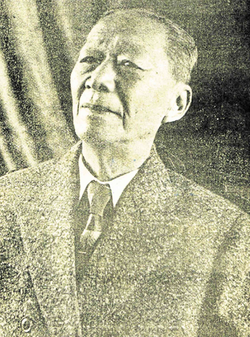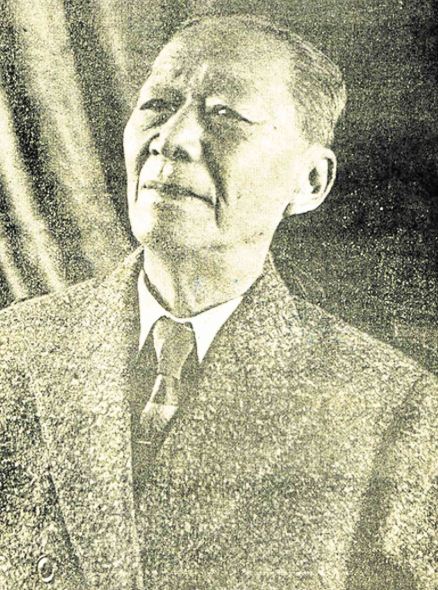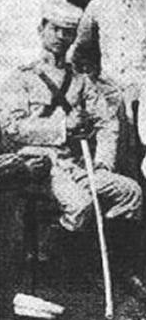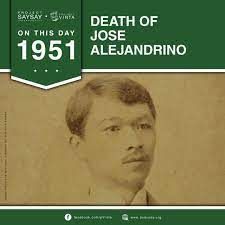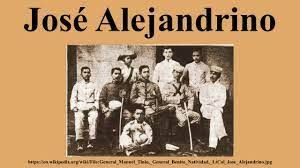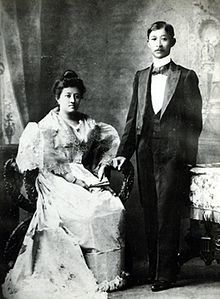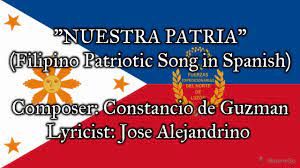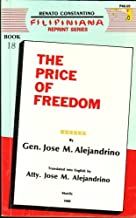Alejandrino was born to a wealthy family from Arayat, Pampanga, on 1 December 1870 in Manila. He initially studied at the Ateneo Municipal de Manila, and his contemporaries there included José Rizal, Juan Araneta, Cayetano Arellano, and Apolinario Mabini, among others. He acquired his Bachelor of Arts degree at the University of Santo Tomas, and pursued studies in Spain and at the University of Ghent, where he graduated with a degree in Chemical engineering.
While in Spain, he was one of the members of the Propaganda Movement which demanded equality, especially equal opportunities in the colonial administration, for Spaniards and Filipinos. He was also a contributor to La solidaridad, an organization composed of Filipino liberals living abroad since 1872, mostly attending different universities across Europe. The group aimed to increase Spanish awareness of the needs of its colony, the Philippines, and to foster a closer relationship between the archipelago and Spain. Alejandrino helped José Rizal in correcting errors in the El filibusterismo, which was published in Ghent, Belgium. He also helped distribute copies of the said manuscript.
When Aguinaldo accepted the offer, Evangelista proceeded to Hong Kong, where he helped organise the Consejo Revolucionario along with Felipe Agoncillo, José Maria Basa and Mariano Ponce. Later, he became part of the group in the Hong Kong Committee, which included Agoncillo and Galicano Apacible, who was the head of La solidaridad, which advocated Philippines independence, as opposed to the circle led by Basa and Doroteo Cortes, who were for annexation by the United States. In February 1897, Alejandrino went to Japan in hopes of acquiring more weapons for the revolutionaries. He was with Aguinaldo when the latter was exiled to Hong Kong in accordance to the Pact of Biak-na-Bato, which was signed on 14 December 1897.
In 1898 Alejandrino served in the Malolos Congress, becoming a member of the two committees that drafted the Malolos Constitution. On 26 September, he was given the post of Director of Agriculture, Industry and Commerce. Later, Aguinaldo designated Alejandrino Chief of the engineers of the Army, and he directed the building of trenches in several areas, including Bulacan and Caloocan.
Alejandrino and his friend, General Antonio Luna, suggested to President Emilio Aguinaldo that they build a defensive line from Novaliches to Caloocan to delay the northward advance of American troops intent on capturing the railway. This was however not implemented, as Aguinaldo was captured and unconditionally surrendered to General Frederick Funston on 29 April 1901. In August of the same year, Alejandrino accepted an offer to serve as the second city engineer of Manila. In 1925, Governor-General Leonard Wood made him senator of the Twelfth Senatorial District of the Philippines. He died on June 1, 1951.
His father Mariano & Gervacia Alejandrino Natividad were siblings
Alejandrino was born to a wealthy family from Arayat, Pampanga, on 1 December 1870 in Manila. He initially studied at the Ateneo Municipal de Manila, and his contemporaries there included José Rizal, Juan Araneta, Cayetano Arellano, and Apolinario Mabini, among others. He acquired his Bachelor of Arts degree at the University of Santo Tomas, and pursued studies in Spain and at the University of Ghent, where he graduated with a degree in Chemical engineering.
While in Spain, he was one of the members of the Propaganda Movement which demanded equality, especially equal opportunities in the colonial administration, for Spaniards and Filipinos. He was also a contributor to La solidaridad, an organization composed of Filipino liberals living abroad since 1872, mostly attending different universities across Europe. The group aimed to increase Spanish awareness of the needs of its colony, the Philippines, and to foster a closer relationship between the archipelago and Spain. Alejandrino helped José Rizal in correcting errors in the El filibusterismo, which was published in Ghent, Belgium. He also helped distribute copies of the said manuscript.
When Aguinaldo accepted the offer, Evangelista proceeded to Hong Kong, where he helped organise the Consejo Revolucionario along with Felipe Agoncillo, José Maria Basa and Mariano Ponce. Later, he became part of the group in the Hong Kong Committee, which included Agoncillo and Galicano Apacible, who was the head of La solidaridad, which advocated Philippines independence, as opposed to the circle led by Basa and Doroteo Cortes, who were for annexation by the United States. In February 1897, Alejandrino went to Japan in hopes of acquiring more weapons for the revolutionaries. He was with Aguinaldo when the latter was exiled to Hong Kong in accordance to the Pact of Biak-na-Bato, which was signed on 14 December 1897.
In 1898 Alejandrino served in the Malolos Congress, becoming a member of the two committees that drafted the Malolos Constitution. On 26 September, he was given the post of Director of Agriculture, Industry and Commerce. Later, Aguinaldo designated Alejandrino Chief of the engineers of the Army, and he directed the building of trenches in several areas, including Bulacan and Caloocan.
Alejandrino and his friend, General Antonio Luna, suggested to President Emilio Aguinaldo that they build a defensive line from Novaliches to Caloocan to delay the northward advance of American troops intent on capturing the railway. This was however not implemented, as Aguinaldo was captured and unconditionally surrendered to General Frederick Funston on 29 April 1901. In August of the same year, Alejandrino accepted an offer to serve as the second city engineer of Manila. In 1925, Governor-General Leonard Wood made him senator of the Twelfth Senatorial District of the Philippines. He died on June 1, 1951.
His father Mariano & Gervacia Alejandrino Natividad were siblings
Family Members
Sponsored by Ancestry
Advertisement
Records on Ancestry
Sponsored by Ancestry
Advertisement
